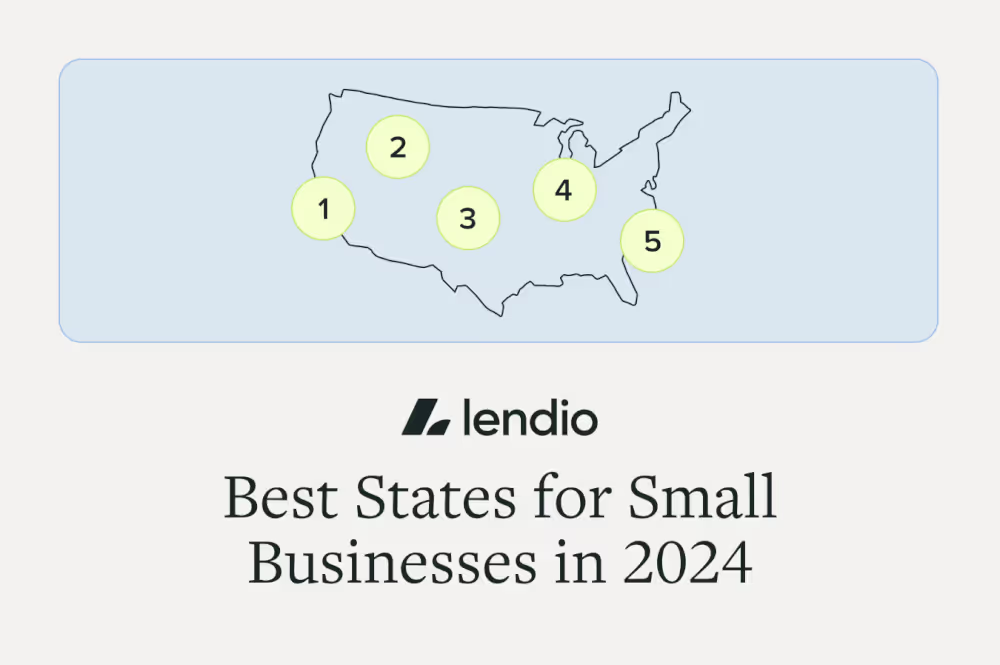- Example active heading
- Example heading
With the rise of the so-called “unicorn startup,” it can be easy to get caught up in the myth that, to start a successful new business, one must be young, have millions of dollars of funding, and plan to grow the business to be the size of Facebook or Amazon. The number of startups funded by venture capital has risen over the years. However, most small businesses start without external investment, and the majority of startup founders are middle-aged.
Failure rates
Startup failure rate statistics.
Startup companies are often considered the backbone of economic growth and innovation, with the potential to disrupt traditional industries and create new markets. However, the reality is that starting a business is risky with no guarantee of success. In fact, statistics show that the majority of startups fail within the first few years of operation.
21% of new businesses fail within the first year.
Source: BLS
Starting a new business is a risky venture. This underscores the importance of careful planning, market research, and a solid business strategy to ensure a greater chance of success.
Nearly half of all startups fail by year five.
Source: BLS
While surviving the first year is crucial, it is not enough for long-term success. This highlights the need for sustained growth, innovation, and adaptability to keep a business thriving over the long term.
Oregon, South Dakota, Mississippi, California, and Massachusetts have the highest five-year survival rates of 55% or more. Missouri has the highest five-year failure rate at 60.5%.
Source: Lendio
Location can be a significant factor in a startup's success or failure. This may be due to a variety of factors, such as a less-supportive business environment, lower access to capital or talent, or other systemic barriers.
Startup challenges
Startup challenges statistics.
Starting a new business is an exciting and rewarding experience, but it is also a daunting task that comes with a host of challenges. So, what is standing in the way of startups’ success? From securing funding to developing a viable product or service, entrepreneurs face numerous obstacles that can make or break their business.

41% of small business owners state their No. 1 challenge is related to the economy and inflation, with another 14% dealing with other financial concerns.
Source: Lendio
This highlights the need for small businesses to carefully monitor economic conditions, manage cash flow effectively, and seek out resources and support to overcome financial challenges.
56% of small businesses state that large corporations have a negative impact on growth opportunities for their business.
Source: Lendio
This may be due to factors such as competition for customers or talent. It may also be the ability of large corporations to invest in technology and marketing that small businesses may not be able to match. As such, small businesses may need to focus on developing unique value propositions, building strong customer relationships, and seeking out niche markets where they can excel.
52% of businesses state access to capital would have had a significant impact in their ability to start a successful business.
Source: Lendio
This highlights the importance of a robust and accessible financing ecosystem, including traditional loans, venture capital, and alternative sources like crowdfunding.
Startup funding
Startup funding statistics.
Starting and growing a business requires capital, and finding sources of funding is often a top priority for entrepreneurs. From traditional bank loans to venture capital investments, there are numerous options available to businesses seeking funding, but obtaining funding can be a challenge for most early-stage startups. In fact, the majority of businesses are started with personal funds.

- 54% of SMB owners started their business with personal funds. (Source: Lendio)
- 43% of small business owners needed less than $10,000 to fund their startup. (Source: Lendio)
- Only 3% of startups are funded through venture capital firms. (Source: Lendio)
- Colorado, Utah, and Minnesota have the highest access to small business loans. (Source: Lendio)
- Massachusetts, California, and New York have the highest amount of venture capital disbursed per $1 million of GDP. (Source: Lendio)
- In 2021, early-stage funding totaled $201 billion. (Source: Crunchbase)
- Global venture funding was more than 10x higher in 2021 than in 2012. (Source: Crunchbase)
- Overall, Kickstarter has successfully funded more than 200,000 projects totaling $6.5 billion in successful funding. (Source: Kickstarter)
- 40% of Kickstarter projects are successfully funded. (Source: Kickstarter)
- 66% of Kickstarter startups raise $10,000 or less. (Source: Kickstarter)
- 77% of tech Kickstarters fail. (Source: Kickstarter)
Unicorn startups
Unicorn startup statistics.
The term "unicorn" is used to describe privately-held startups with a valuation of $1 billion or more. These companies are often seen as the darlings of the tech industry, with the potential to disrupt traditional markets and generate massive returns for investors. While unicorn startups represent only a small fraction of all startups, their impact on the economy and the technology landscape is significant.
- There are 1,206 unicorn startups worldwide valued at ~$3791 billion dollars. (Source: CB insights)
- Bytedance, an artificial intelligence company in China and parent company of TikTok, has the highest valuation at $140B. (Source: CB insights)
- SpaceX has the second-highest valuation at $127B. (Source: CB insights)
Startup demographics
Startup demographic statistics.
Entrepreneurship is often seen as a means of achieving the American dream, with the potential to create wealth and opportunity for individuals and communities. However, not all entrepreneurs have the same opportunities to start and grow their businesses. In fact, access to resources and support can vary significantly based on a variety of demographic factors, including age, race, gender, and education.
Age
Contrary to popular belief, the majority of startup founders are middle-aged, and studies have found that older founders may have a higher chance of success than younger founders.
- On average, entrepreneurs are 42 years old when they found their company. (Source: HBR)
- In software startups, the average age is slightly younger at 40. (Source: HBR)
- In oil and gas and biotechnology companies, the average age is around 47. (Source: HBR)
- Entrepreneurs' success rates increase with age, peaking in the mid-50s. (Source: HBR)
Gender
Recent statistics highlight both the progress made and the challenges that remain for women entrepreneurs. On the positive side, startups with female founders are shown to perform better. However, there are still significant disparities in funding and representation. Female business owners tend to ask for less funding than men, and they often face more difficulty securing loans or lines of credit.
- Startups with a female founder perform 63% better than startups that have all-male founding teams. (Source: First Round)
- The proportion of female co-founded companies has doubled from 10% in 2009 to 20% in 2019. (Source: Crunchbase)
- On average, female business owners ask for less funding, about $35,000 less than their male counterparts.
- Women business owners make multiple attempts to secure bank loans or lines of credit, and 40% of women business owners applying for a loan never succeed in obtaining funding.
- Women represented just 6.4% of the CEOs on the most recent Fortune 500 list—and that was the highest female-male ratio in the list’s 63-year history.
- Top 10 States for Women’s Access to Capital:
- South Dakota
- Maine
- Mississippi
- New Hampshire
- North Carolina
- Virginia
- Washington
- Delaware
- Indiana
- Oregon
Source: Lendio
Race
In 2018, Black-owned businesses represented 9.9% of all businesses, while Hispanic-owned businesses represented 12.2%. However, these businesses tended to be smaller and less profitable than non-minority-owned businesses. (Source: Census Bureau)
Only 1% of venture-funded startup founders were Black and just 1.8% were Hispanic. (Source: Stanford)
The National Bureau of Economic Research found that Black-owned businesses were more likely to be denied loans than white-owned businesses, even when controlling for creditworthiness and other factors. (Source: National Bureau of Economic Research)
These startup statistics demonstrate the challenges and opportunities that come with starting and growing a business. While the failure rate of startups can be discouraging, it is important to remember that entrepreneurship plays a vital role in driving innovation and economic growth.
Additionally, it is crucial to acknowledge the systemic barriers that exist in the entrepreneurial ecosystem and work towards creating a more inclusive and equitable environment for all aspiring entrepreneurs. As we continue to track and analyze startup statistics, let us strive to create a world where anyone with an idea and the drive to succeed has the opportunity to do so.
Lendio is committed to helping small business owners survive and thrive by making funding more accessible to small business owners. Learn more about small business loan options.






